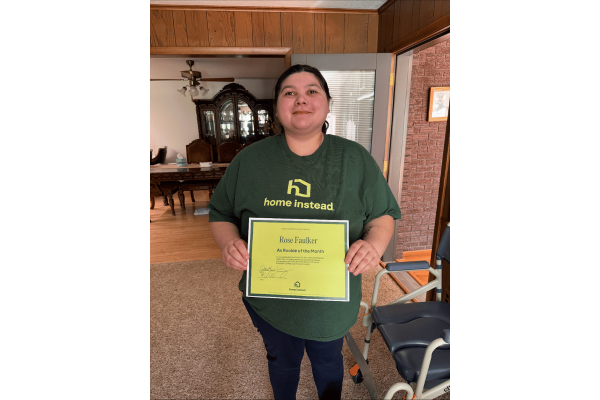
The Emotional Weight of a Diagnosis
When a loved one is diagnosed with dementia, it can feel like your entire world shifts. Whether it’s Alzheimer’s disease, Lewy body dementia, or another form of cognitive decline, the moment of diagnosis brings a wave of uncertainty and concern.
It’s normal to feel overwhelmed—but you're not alone. Thousands of families in Fort Smith, AR are navigating the same journey. What matters most in the early days is responding with calm, clarity, and compassion.
Talking About Dementia with Family and Friends
One of the most challenging early steps is discussing the diagnosis—with your loved one, your family, and your wider support circle. The Alzheimer’s.gov caregiver guide recommends using simple, reassuring language and focusing on how life can still be meaningful—even with changes.
- Choose a private, comfortable environment for difficult conversations
- Use clear but gentle words that reduce fear
- Let your loved one express their feelings without rushing to reassure or correct
- Talk about your plan to face this journey together—step by step
Planning Ahead: A Key Step in Reducing Stress
One of the most powerful ways to regain a sense of control after a dementia diagnosis is to begin early planning. This includes both medical and practical decisions. According to Alzheimers.gov, the sooner you put a plan in place, the more options and flexibility you’ll retain.
Consider these early priorities:
- Establish a durable power of attorney and healthcare proxy
- Document preferences around future care and living arrangements
- Review legal and financial documents such as wills, insurance, and long-term care planning
- Schedule regular memory assessments and build a care team early
Creating a Dementia-Friendly Home Environment
Simple changes to the home can greatly reduce confusion and fall risk. The National Institute on Aging provides excellent guidance on how to make a home safer and more navigable for someone with memory loss.
- Use clear labels on doors, drawers, and frequently used items
- Keep floors uncluttered and install bright, even lighting
- Establish a routine schedule for meals, medications, and sleep
- Keep important contact numbers visible and accessible
Caregiver Support Is Just as Important
Supporting someone with dementia is deeply meaningful—but it’s also hard. Caregivers often experience burnout, isolation, or grief as the disease progresses. The Family Caregiver Alliance recommends creating your own support plan from the start.
This might include:
- Joining a local dementia caregiver support group
- Seeking professional respite care services regularly
- Learning stress-reduction practices like mindfulness or journaling
- Setting boundaries around work, family, and personal time
How Home Instead in Fort Smith Can Help
At Home Instead in Fort Smith, we provide in-home memory care that supports both your loved one and your family. Our Care Pros receive specialized training in dementia care and can help with:
- Establishing consistent routines and gentle reminders
- Companionship that reduces isolation and confusion
- Mobility assistance, meal support, and personal care
- Peace of mind when family members need time away
Whether you're looking for a few hours of help each week or a more comprehensive care plan, our team is here to walk this journey with you—on your terms, in your home.



